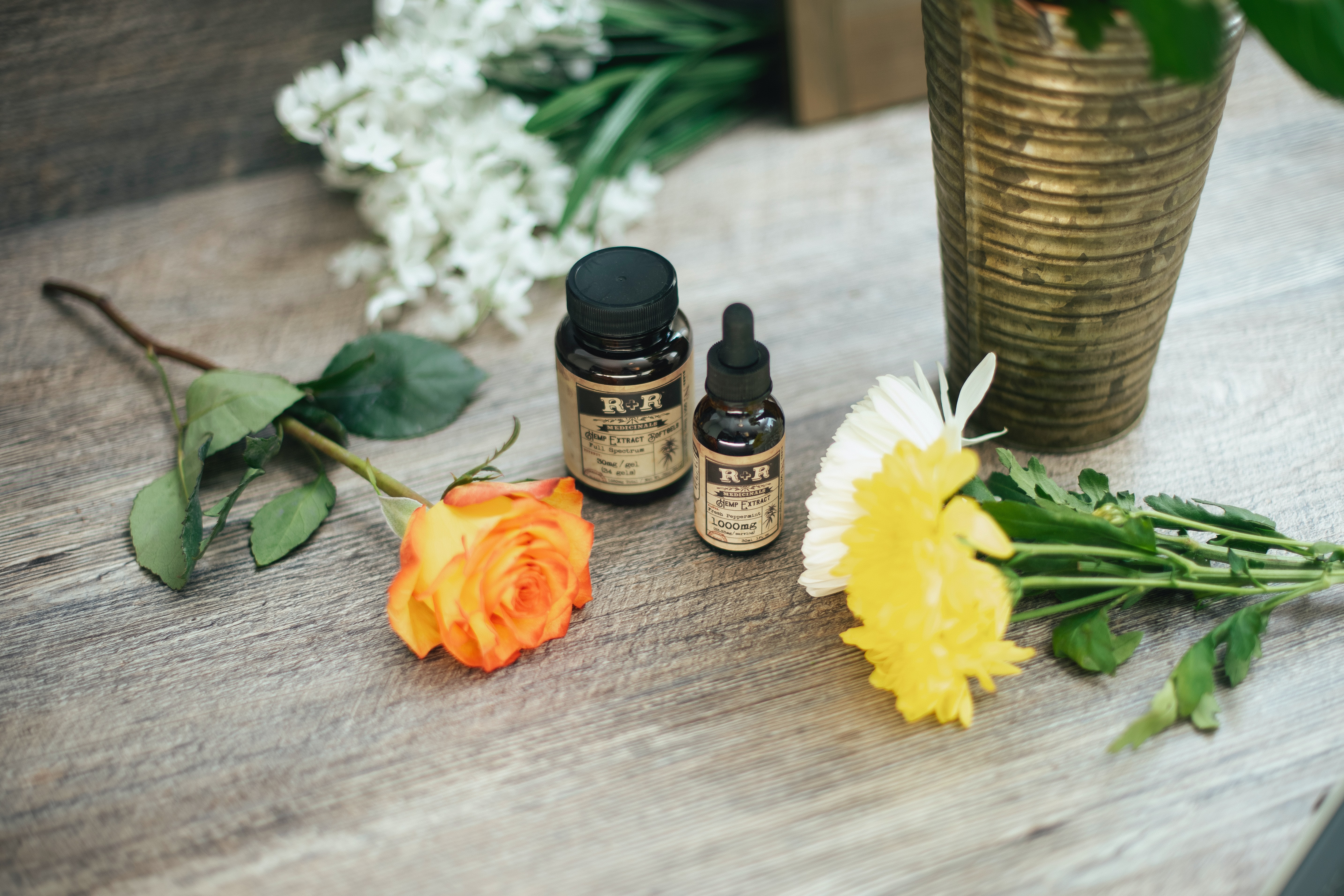Always make an independent decision whenever faced with the choice to buy or turn down CBD products.
Before using a new product such as CBD, it is advisable to know why you should consider it. Understand what benefits come with choosing to use it and know all potential side effects, if any. Like it is with many other products on the market, a lot has been said about CBD. Learning the difference between the truth and myths will help you make the right decision. Below are some of the common myths surrounding CBD products.
CBD Usage Has No Scientific Evidence
One of the greatest myths you will hear about CBD is that it is not scientific enough to use. This common misconception often presents CBD as a vague and unclear substance whose ability to treat ailments is unknown. In most cases, the myth’s proposers often portray CBD as a chemical substance that lacks scientific proof and backing.
You are likely to come across statements such as CBD lacks concrete evidence to support its healing properties. However, such notions are wrong and misplaced. Countless studies and scientific proofs exist to support the effectiveness of CBD. The FDA has approved the use of several CBD-based drugs for the treatment of specific ailments.
The most recent study has been the approval of Epidiolex. This drug works when treating seizures associated with Lennox-Gastaut syndrome, and Dravet syndrome. It is the first CBD-related medication of its kind to get approval from the FDA. Rather than criticize CBD products, it helps to celebrate this milestone since it is a step in the right direction. CBD can be instrumental in many medical treatments if it can be embraced fully, instead of being ridiculed and speculated.
Despite receiving a Schedule 1 status, which implies that it has no medical value, the scientific findings proved otherwise. It was not surprising that the FDA allowed for the drug’s approval since the facts were undeniable. What’s more, these findings were further backed by successful clinical trials. It is, therefore, clear that CBD has the backing of science since its results are undeniable.
To further confirm this, many US-based universities carried out studies on CBD. For instance, the University of Columbia carried out a study on CBD use in treating Glioblastoma, one of the most common and most lethal brain tumors in adults. Usually, treatment includes chemotherapy, surgery, and radiotherapy. However, the study on the use of CBD to treat the same issue showed positive results. It appears that CBD weakens and eventually kills the cancerous cells without affecting the healthy cells.
The US government has funded further research as well. Besides US-based research, Israel led other countries to research on cannabis and its benefits. Various countries, including Brazil, and Italy, have all studied CBD’s potential in different capacities.
It is a Narcotic Substance that is Highly Addictive
Most users have shied away from using CBD despite its numerous benefits because of the fear that it has narcotic properties. The idea of being addicted to a substance is in itself scary. Before rushing to get the best CBD in Europe or anywhere else, you will want to confirm that it is safe and non-addictive. Contrary to the claims made by such statements, CBD is safe to use. CBD is one of the many components of marijuana. By itself, CBD does not cause any form of high. Hence it cannot be addictive.

The World Health Organization reports it is safe to use. Common side effects one might expect when using CBD include fatigue and nausea. Many people confuse CBD with THC, which is what makes people high when they use marijuana. CBD and THC may be both cannabinoids from marijuana, but they interact differently with a person’s brain receptors. CBD products with THC less than 0.3% are legal in the US. Simultaneously, the legal limit is 0.2% in the UK and many parts of Europe. Hence hemp-derived CBD with THC in permissible limits won’t get you high.
CBD Sales and Marketing is a Scamming Avenue
Numerous health and wellness products are sold daily. Unfortunately, most of these are pure gimmicks and money-extraction schemes to dupe unsuspecting buyers. Sadly, most people believe that CBD falls in the same bracket. The fear of spending money on a product that promises excellent results but does not deliver has left people assuming that CBD may be fake and a complete waste of money.
Any falsely advertised product may lead to a total dismissal of the product. For instance, an excellent antibacterial product that works well on the skin may not necessarily be good for the eyes. If someone else advertises it as a potential eye remedy, which is different from the manufacturer’s intent, the product will fail. This may cause potential customers to lose faith in a great product because of the wrong advertisement. The same thing may happen with certain CBD products that are wrongly advertised. Despite the misconception, the CBD product will retain its potential effectiveness when used for the correct purpose.
CBD is Not Effective Because it Does not Work Fast Enough as Expected
Well, this myth results from high expectations. CBD is not a magical drug that changes things overnight. Like all other effective medication, it requires time to work. What’s more, what works for one person may not necessarily work for another. This does not mean that you should automatically dismiss the drug because it failed to work as expected. Just because someone else used CBD for a shorter time and registered improved results does not necessarily mean that you will have a similar experience. It is also possible that one person may suffer certain side effects that another person did not.
It helps to consider the ailment you want to treat and the potential benefits of using CBD for the same ailment. Be open to any outcomes that may result. Alternatively, discuss with your doctor before attempting to substitute or include CBD as part of your treatment. More importantly, stay open-minded and acknowledge that the treatment may not work for you as it did for another person.
Final Thoughts
There may be numerous myths around CBD, but that does not make any of them true. Before passing your judgment or deciding not to purchase any CBD product that may be a potential help to your condition, pause and think about it. Research extensively to be sure that you are dismissing the product on valid grounds. Most people make misleading claims. Always make an independent decision whenever faced with the choice to buy or turn down CBD products.
SOURCES
Cannabinoid pharmacology: the first 66 years


Join the conversation!